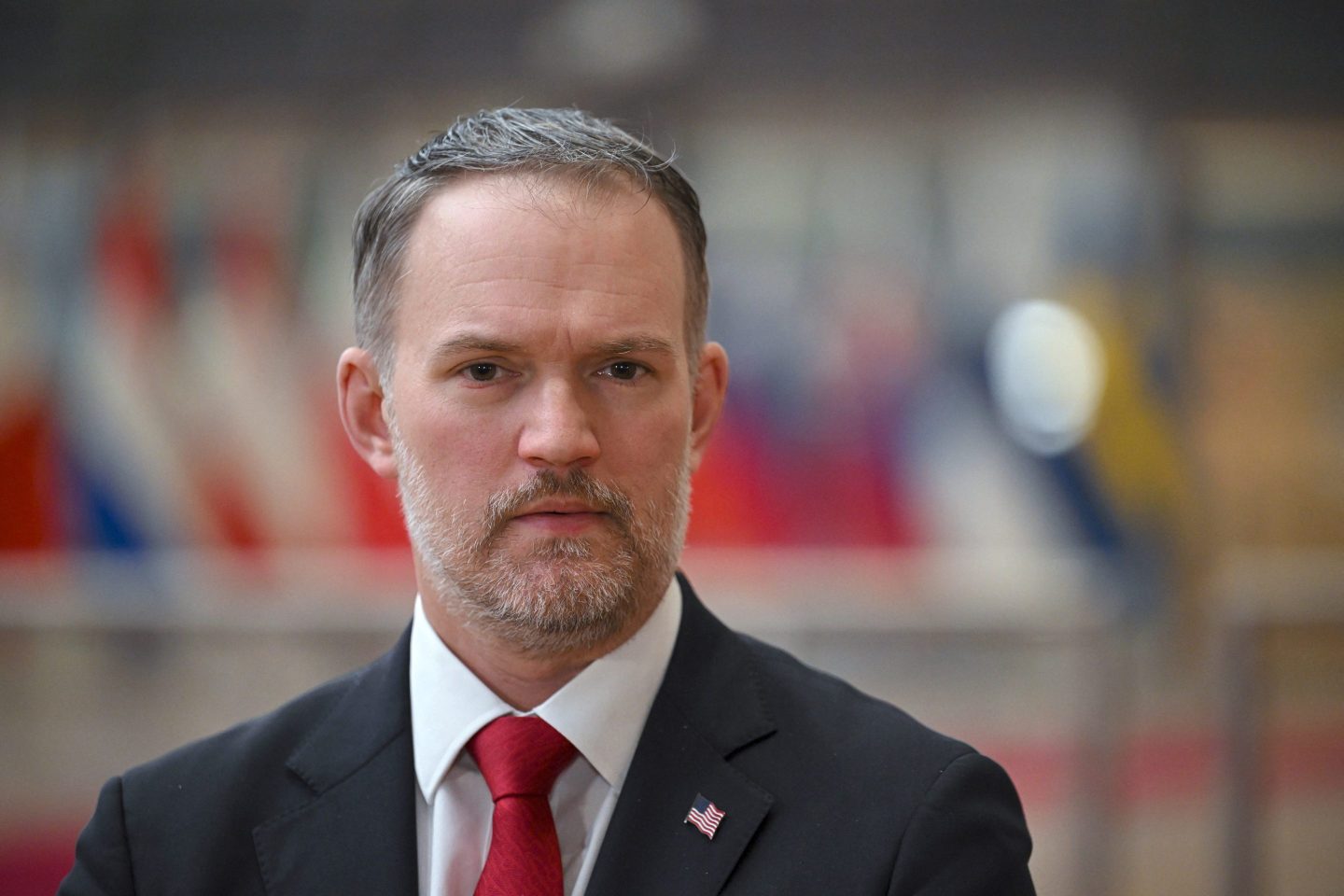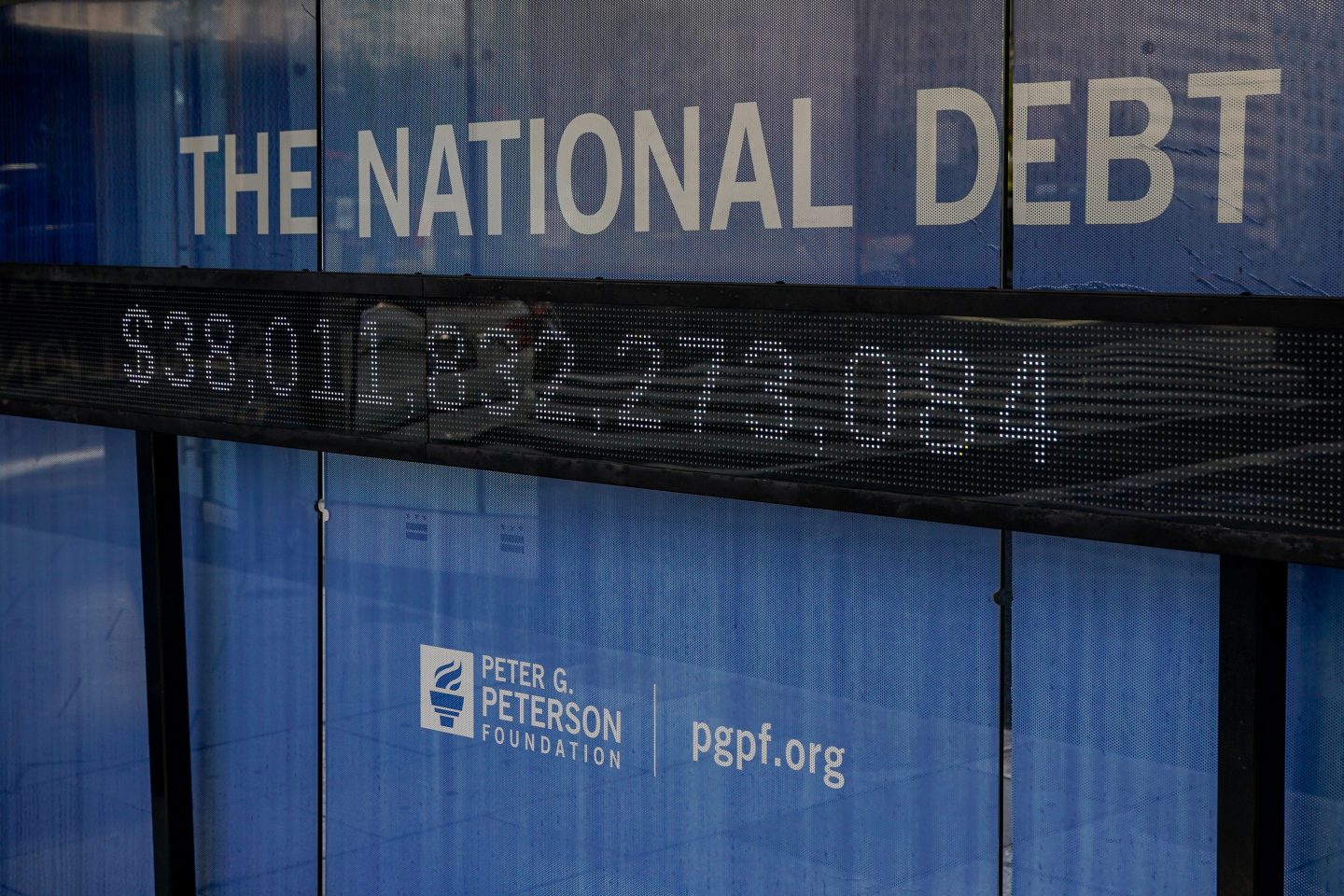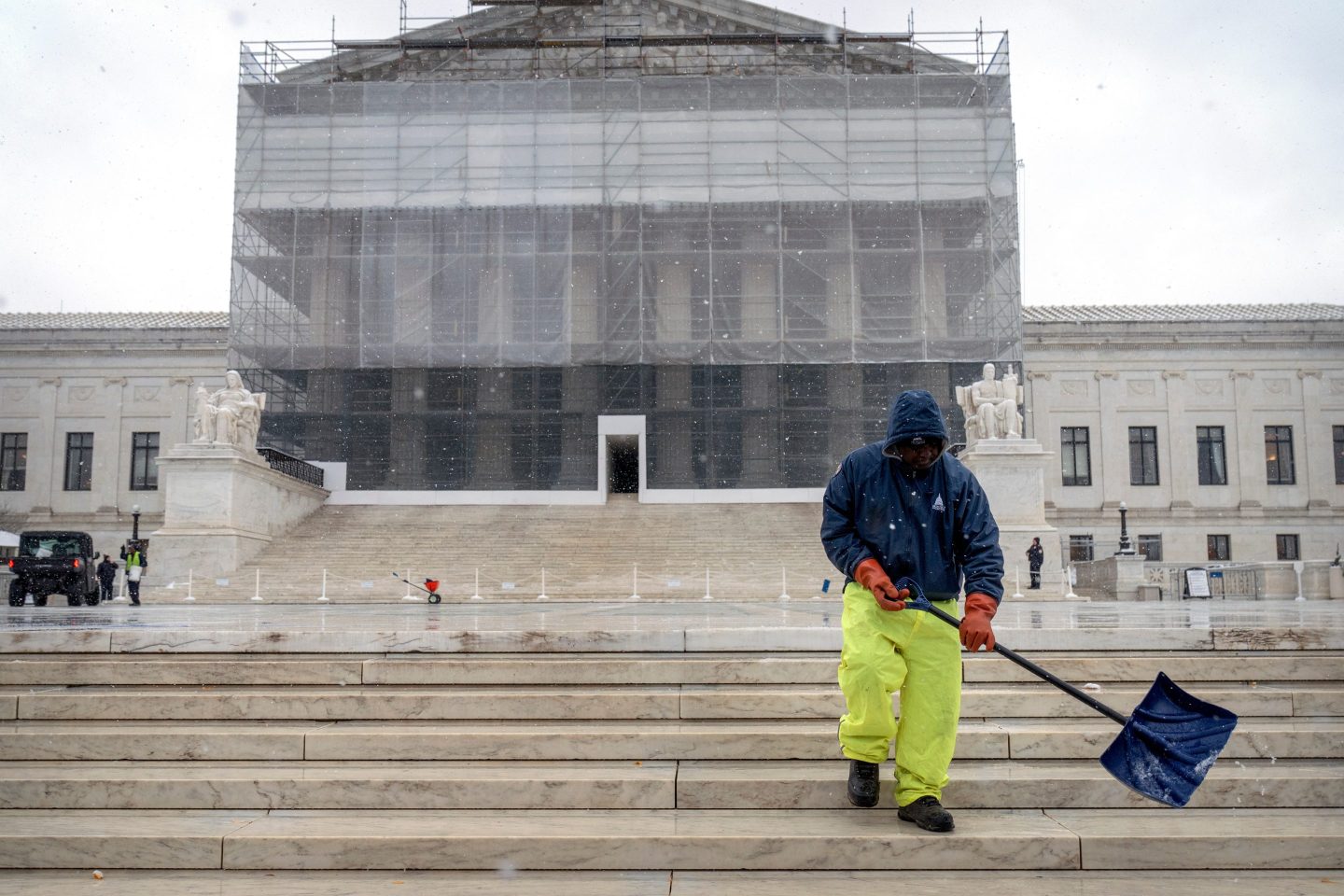It’s not quite God’s work, but Goldman Sachs actually is doing taxpayers a favor for a change.
Goldman’s lowball offer for a lead role in the upcoming General Motors initial public offering didn’t get the firm the job. But it gave Treasury leverage to save taxpayers a bundle, by imposing Goldman’s paltry proposed fees on the other Wall Street firms serving as lead underwriters.

That’s a rare bit of good news for the public, which bailed out banks led by Goldman at unspeakable cost two years ago. Thanks to Treasury’s decision to impose the lower fees, taxpayers stand to save hundreds of millions of dollars.
In a rare reversal, that money essentially will come out of the pockets of the Wall Street firms that will bring the new GM to market — Bank of America , Citigroup , JPMorgan Chase and Morgan Stanley . Each will lose out on tens of millions of dollars in fees thanks to Goldman’s sudden display of public-mindedness.
GM is expected to file IPO papers as soon as today, laying the groundwork for a deal that could be as big as $20 billion – one of the largest IPOs ever.
Goldman told Treasury in May it would accept a fee of just 0.75% of the IPO proceeds. At the time, Goldman was still reeling from the Securities and Exchange Commission’s charges that the firm misled investors in a 2007 subprime debt deal. Goldman last month admitted its disclosures were unclear and paid $550 million to settle the charges.
Treasury declined Goldman’s offer, but then told the four big Wall Street banks that will be leading the offering that it would pay only the reduced fee. Deals of this size typically command fees closer to 3%, Bloomberg reported, and Reuters said several banks made offers that would have included fees in the 2%-2.5% range.
A 3% fee on a $20 billion deal would have given the banks $600 million to divvy up, compared with $150 million at the lower, Goldman-inspired fee. Heartbroken by this loss, the other banks told Bloomberg without identifying themselves that they felt Goldman was playing dirty pool.
Goldman Sachs signaled that it was willing to make a bid for pretty much any amount, according to two people who saw the bank’s presentation. Rivals grumbled that Goldman Sachs knew it couldn’t win the lead on the GM offering, so it submitted a low bid knowing that would force Treasury to squeeze whichever banks did win the job, these people said.
Boo hoo, you might say.
Taxpayers aren’t the only ones who benefit from this arrangement. The special inspector general of the Troubled Asset Relief Program, Neil Barofsky, now seems to have one more item to cross of his to-do list. Sen. Charles Grassley, R-Iowa, asked on Friday for an investigation of the GM IPO, including:
I also ask that you determine the total amount of transaction costs that will be paid to investment bankers in connection with the IPO. In the interest of transparency and accountability it is essential that American taxpayers know whether they are getting a fair deal on the GM IPO and how large a financial loss they are likely to suffer.
The story of the GM IPO has yet to unfold, but it seems like it will be hard to blame any setbacks on the fee-grabbing excesses of Wall Street.











